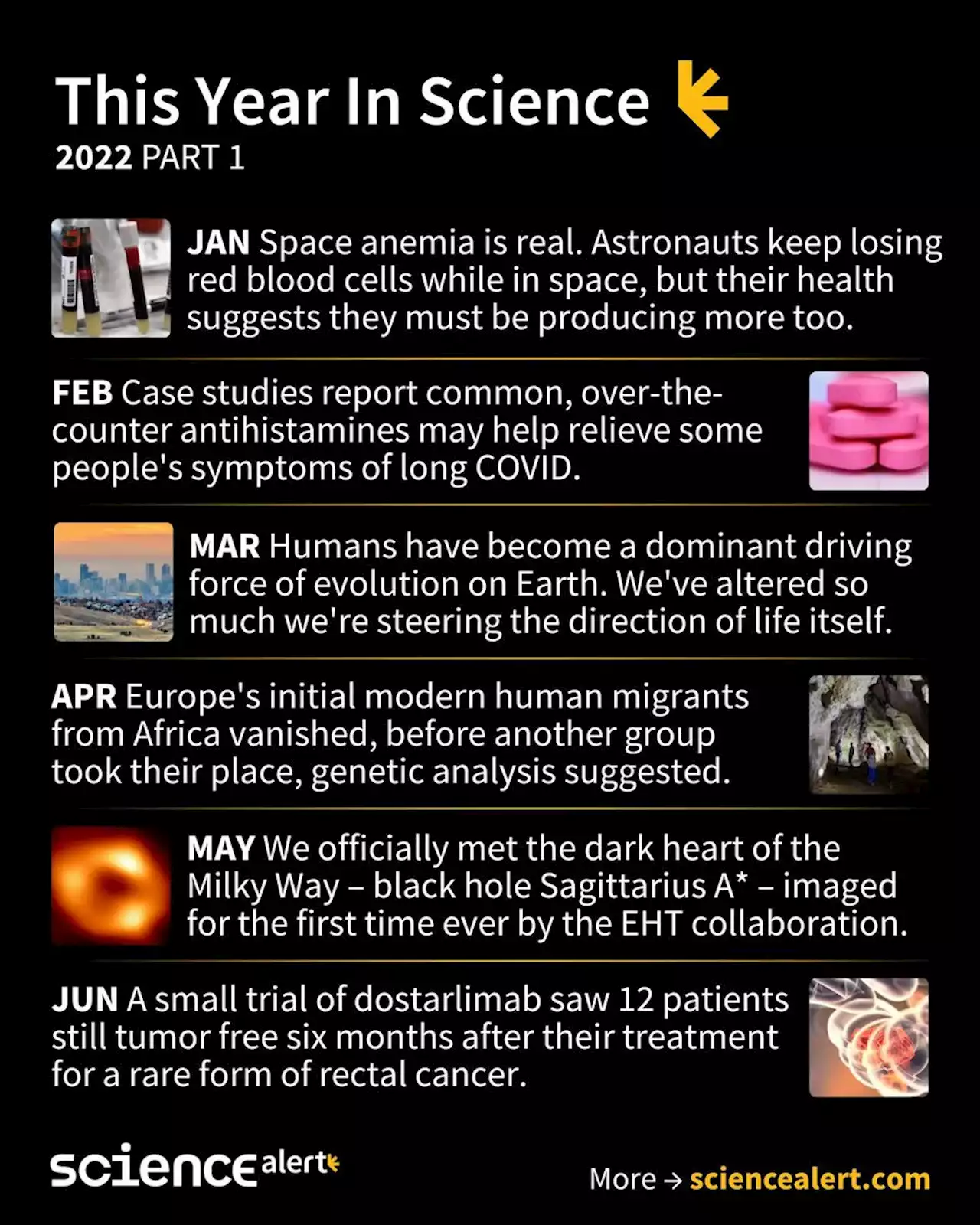Paul M. Sutter is an astrophysicist at SUNY Stony Brook and the Flatiron Institute in New York City. Paul received his PhD in Physics from the University of Illinois at Urbana-Champaign in 2011, and spent three years at the Paris Institute of Astrophysics, followed by a research fellowship in Trieste, Italy, His research focuses on many diverse topics, from the emptiest regions of the universe to the earliest moments of the Big Bang to the hunt for the first stars. As an 'Agent to the Stars,' Paul has passionately engaged the public in science outreach for several years. He is the host of the popular 'Ask a Spaceman!' podcast, author of 'Your Place in the Universe' and 'How to Die in Space' and he frequently appears on TV — including on The Weather Channel, for which he serves as Official Space Specialist.
Let's say you want to start traveling faster than the speed of light. You start from rest and give yourself a little nudge. Because you have mass, your nudge has to overcome a bit of inertia to get you going, but you eventually get going. You light up a rocket, for example, and you blast off.But once you're off the launchpad, you don't stop. You have some superadvanced engine that allows you to keep pushing, causing you to continue accelerating.
The problem here is that energy is mass, as given by E=mc^2. The faster you move, the more kinetic energy you have, which means you are literally heavier the faster you go. As you approach the speed of light, your mass goes to infinity, so it takes an infinite amount of rocket power to make it to the speed of light.But those rules apply to objects with mass starting below the speed of light.
Causality is so fundamental that it underlies everything we understand about the workings of the universe. Put simply, causality states that causes must come before effects. I have to text you before your phone beeps, I have to put a piece of cheese in my mouth before I can eat it, and so on.But tachyons are capable of violating causality. To see how, let's set up a little thought experiment. I'm sitting onwhile you're having some grand adventure out in the universe.
Singapore Latest News, Singapore Headlines
Similar News:You can also read news stories similar to this one that we have collected from other news sources.
 Newfound kind of supernova can tear apart a planet's atmospherePaul M. Sutter is an astrophysicist at SUNY Stony Brook and the Flatiron Institute in New York City. Paul received his PhD in Physics from the University of Illinois at Urbana-Champaign in 2011, and spent three years at the Paris Institute of Astrophysics, followed by a research fellowship in Trieste, Italy, His research focuses on many diverse topics, from the emptiest regions of the universe to the earliest moments of the Big Bang to the hunt for the first stars. As an 'Agent to the Stars,' Paul has passionately engaged the public in science outreach for several years. He is the host of the popular 'Ask a Spaceman!' podcast, author of 'Your Place in the Universe' and 'How to Die in Space' and he frequently appears on TV — including on The Weather Channel, for which he serves as Official Space Specialist.
Newfound kind of supernova can tear apart a planet's atmospherePaul M. Sutter is an astrophysicist at SUNY Stony Brook and the Flatiron Institute in New York City. Paul received his PhD in Physics from the University of Illinois at Urbana-Champaign in 2011, and spent three years at the Paris Institute of Astrophysics, followed by a research fellowship in Trieste, Italy, His research focuses on many diverse topics, from the emptiest regions of the universe to the earliest moments of the Big Bang to the hunt for the first stars. As an 'Agent to the Stars,' Paul has passionately engaged the public in science outreach for several years. He is the host of the popular 'Ask a Spaceman!' podcast, author of 'Your Place in the Universe' and 'How to Die in Space' and he frequently appears on TV — including on The Weather Channel, for which he serves as Official Space Specialist.
Read more »
 Why most New Year's resolutions fail — and why there's a new approach to considerAs a New Year begins, many people have resolutions — but a 'Monday reset' may work far better in terms of developing and keeping healthy new habits, say experts. Here's why.
Why most New Year's resolutions fail — and why there's a new approach to considerAs a New Year begins, many people have resolutions — but a 'Monday reset' may work far better in terms of developing and keeping healthy new habits, say experts. Here's why.
Read more »
 Why we count down on New Year's Eve (and why it wasn't always the case)A countdown seems like an annual tradition for New Years, but clock watching wasn't always a thing people did. The crowd didn't join in on the New Years Eve countdown until 1979. Here's how it started.
Why we count down on New Year's Eve (and why it wasn't always the case)A countdown seems like an annual tradition for New Years, but clock watching wasn't always a thing people did. The crowd didn't join in on the New Years Eve countdown until 1979. Here's how it started.
Read more »
 We Finally Know The True Extent of Space Destroying Astronauts' Red Blood CellsHappy New Year from all at ScienceAlert! 🥂✨ Astronauts' blood Long COVID Evolutionary force Out of Africa Sagittarius A* Drug trial
We Finally Know The True Extent of Space Destroying Astronauts' Red Blood CellsHappy New Year from all at ScienceAlert! 🥂✨ Astronauts' blood Long COVID Evolutionary force Out of Africa Sagittarius A* Drug trial
Read more »
 Paul McCartney mourns ‘amazing’ Barbara Walters — they shared surprising connection“Nancy and I are so saddened by the news of her dear cousin Barbara Walters’ passing,” Paul McCartney posted Saturday as he remembered Walters.
Paul McCartney mourns ‘amazing’ Barbara Walters — they shared surprising connection“Nancy and I are so saddened by the news of her dear cousin Barbara Walters’ passing,” Paul McCartney posted Saturday as he remembered Walters.
Read more »
 NASA sensors could help detect landfill methane from space to help limit climate changeThe Carbon Mapper project will use data from the NASA mission EMIT to survey waste sites for emissions of greenhouse gas.
NASA sensors could help detect landfill methane from space to help limit climate changeThe Carbon Mapper project will use data from the NASA mission EMIT to survey waste sites for emissions of greenhouse gas.
Read more »
